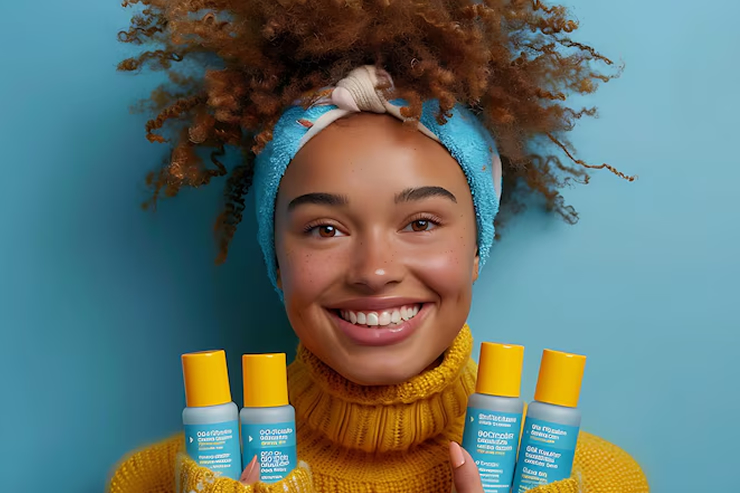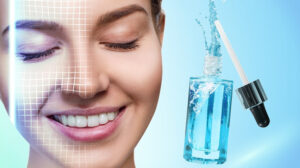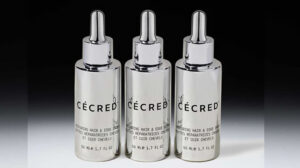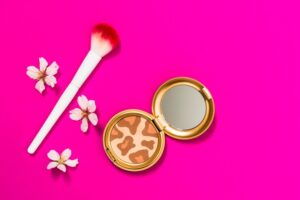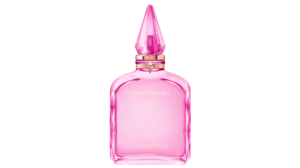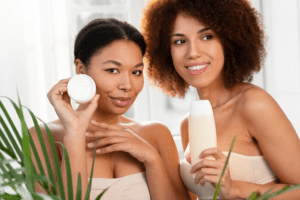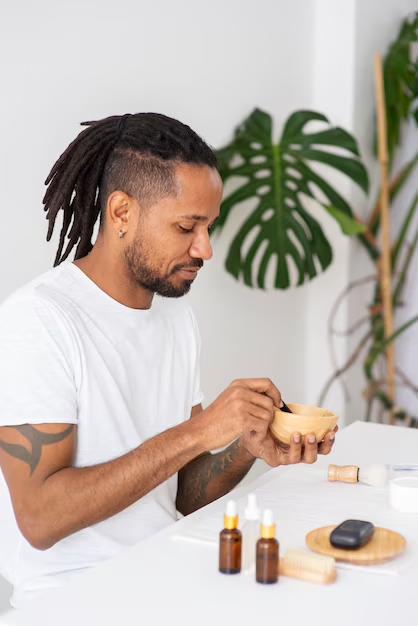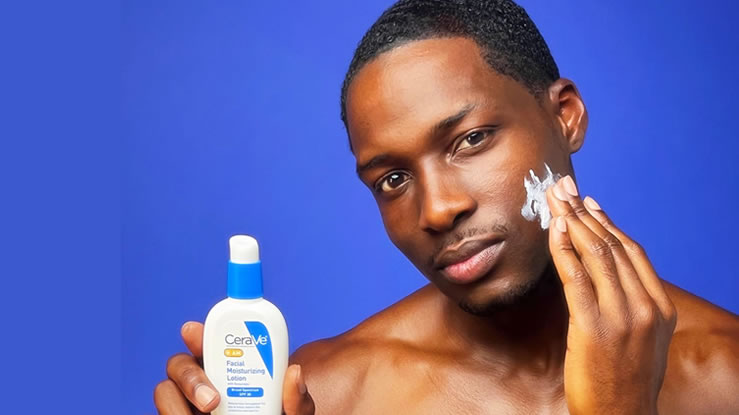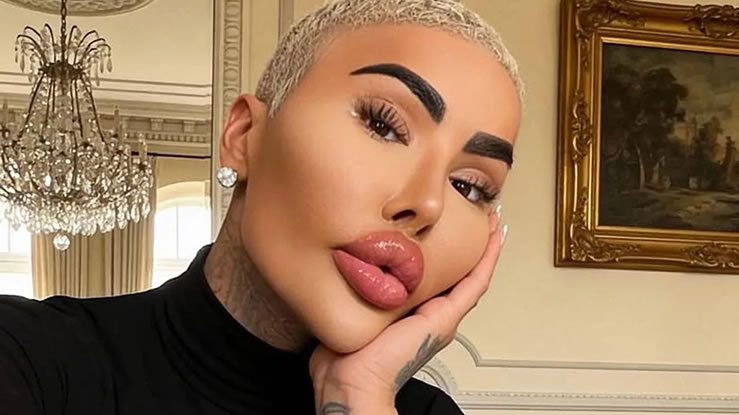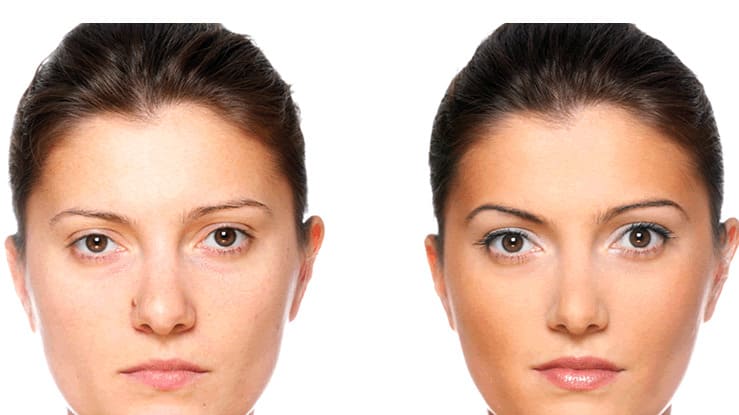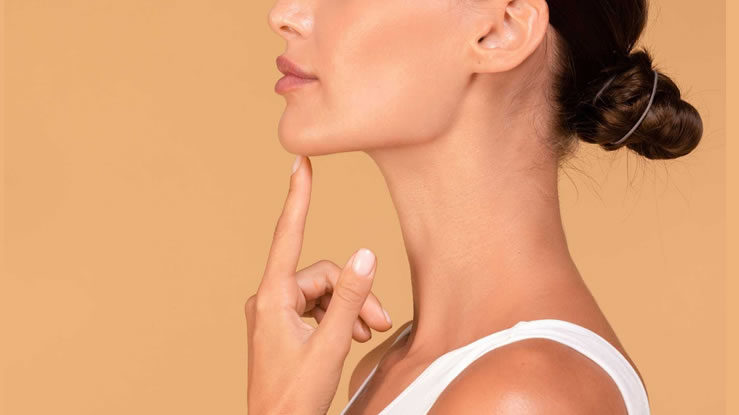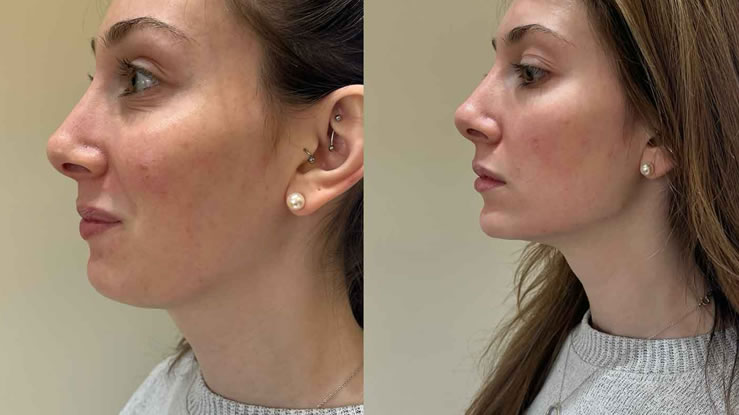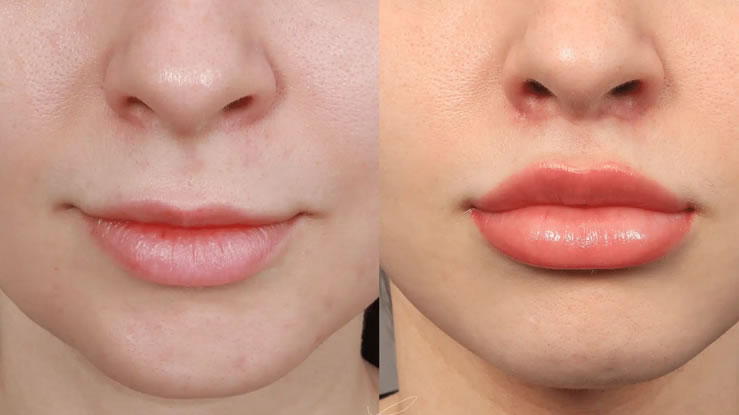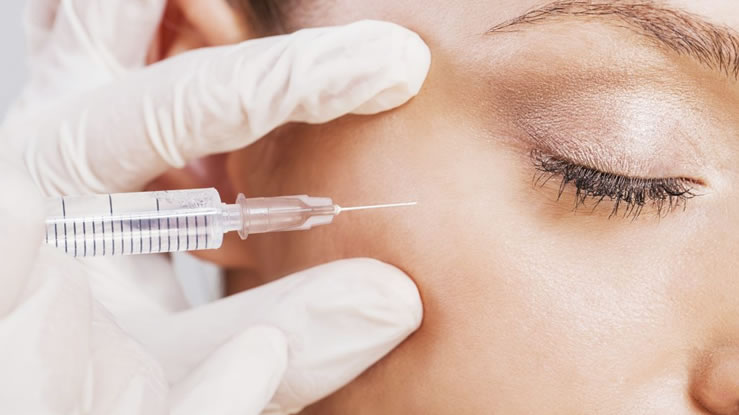When it comes to skincare, hydration is a top priority for anyone seeking smooth, glowing, and youthful skin. Keeping the skin hydrated is not just about beauty—it’s also crucial for maintaining the health and functionality of your skin barrier. But with an overwhelming array of products and advice, how do you figure out the best way to hydrate your skin effectively?
In this comprehensive guide, we’ll explore the science of skin hydration, the most effective ingredients, products, and routines, and natural ways to boost hydration. By the end, you’ll have all the tools you need to achieve hydrated, glowing skin.
Why Skin Hydration Matters
Hydration isn’t just about drinking water—it’s about ensuring your skin retains enough moisture to stay supple, elastic, and radiant. Proper hydration strengthens the skin’s barrier, protects against environmental aggressors, and slows down the visible signs of aging.
On the other hand, dehydrated skin can lead to:
- Dullness and uneven texture
- Increased sensitivity and redness
- Premature fine lines and wrinkles
- Dry patches and flakiness
Keeping your skin hydrated ensures it functions optimally as a protective barrier, helping to keep out irritants and locking in essential nutrients.
Understanding the Causes of Dehydrated Skin
Dehydration in the skin can result from several factors:
- Environmental Stressors: Harsh weather conditions such as cold, dry winters or hot, humid summers can strip the skin of its natural moisture.
- Poor Skincare Practices: Using harsh cleansers, skipping moisturizers, or over-exfoliating can disrupt your skin’s natural barrier.
- Aging: As we age, our skin produces less oil and loses its ability to retain moisture, leading to dehydration.
- Lifestyle Factors: Insufficient water intake, high caffeine or alcohol consumption, and lack of sleep can all contribute to dehydrated skin.
What Is the Best Thing to Hydrate Skin?
1. Key Ingredients for Skin Hydration
Certain ingredients stand out for their ability to replenish and retain moisture. Let’s dive into the top options:
a. Hyaluronic Acid
- A humectant that can hold up to 1,000 times its weight in water.
- Attracts water to the skin, making it plumper and smoother.
b. Glycerin
- Another powerful humectant that pulls moisture from the air into the skin.
- Great for locking in hydration over long periods.
c. Ceramides
- These fatty acids help restore the skin’s natural barrier, preventing moisture loss.
d. Aloe Vera
- Known for its soothing and hydrating properties, aloe vera is a natural remedy for irritated or dry skin.
e. Squalane
- A plant-based oil that mimics the skin’s natural sebum, locking in hydration without clogging pores.
f. Niacinamide (Vitamin B3)
- Helps improve the skin’s barrier function, enhancing moisture retention.
2. Hydrating Products
Using the right products can make all the difference.
a. Hydrating Cleansers
- Opt for sulfate-free cleansers that cleanse without stripping the skin’s natural oils.
- Look for products with glycerin or aloe vera for added hydration.
b. Serums
- Serums with hyaluronic acid or peptides provide intense hydration and are ideal for layering under moisturizers.
c. Moisturizers
- Cream-based moisturizers with ceramides are excellent for dry skin, while gel-based formulas with squalane suit oily skin types.
d. Face Mists
- A refreshing mist with hydrating ingredients can be used throughout the day to maintain skin moisture.
e. Overnight Masks
- These products are designed to deeply hydrate while you sleep, often containing rich ingredients like shea butter or hyaluronic acid.
Creating a Hydrating Skincare Routine
Morning Routine for Hydration
- Cleanse: Use a gentle hydrating cleanser to remove impurities without drying out your skin.
- Tone: Apply a hydrating toner to prep your skin for better absorption.
- Serum: Use a serum containing hyaluronic acid or niacinamide.
- Moisturize: Apply a lightweight moisturizer to seal in hydration.
- SPF: Use a sunscreen with hydrating properties to protect your skin from UV damage.
Evening Routine for Hydration
- Double Cleanse: Remove makeup and impurities with an oil cleanser, followed by a hydrating cleanser.
- Exfoliate (2-3 times a week): Use a gentle exfoliator to remove dead skin cells for better hydration.
- Serum: Apply a nighttime serum rich in peptides or hyaluronic acid.
- Moisturize: Lock in hydration with a richer cream or overnight mask.
Natural Remedies for Hydrated Skin
If you prefer natural options, consider these remedies:
- Honey Masks
- Honey is a natural humectant, helping your skin draw in and retain moisture.
- Apply a thin layer of raw honey to your face and rinse after 15 minutes.
- Coconut Oil
- A natural emollient that helps lock in hydration.
- Use sparingly to avoid clogging pores.
- Aloe Vera Gel
- Apply fresh aloe vera gel to soothe and hydrate the skin.
- Avocado Masks
- Avocado is rich in healthy fats and Vitamin E, which nourish and hydrate the skin.
- Mash half an avocado and mix it with honey for a DIY hydrating mask.
Lifestyle Tips for Hydrated Skin
- Drink More Water
- Aim for at least 8 glasses of water daily to hydrate your skin from the inside out.
- Eat Water-Rich Foods
- Incorporate cucumbers, watermelon, oranges, and leafy greens into your diet.
- Use a Humidifier
- A humidifier adds moisture to the air, preventing your skin from drying out, especially in winter.
- Limit Alcohol and Caffeine
- Both can dehydrate your skin, so consume them in moderation.
- Sleep Well
- Sleep is essential for the skin’s repair and hydration processes. Aim for 7-8 hours of quality rest.
Signs Your Skin Is Properly Hydrated
Wondering if your skincare routine is working? Look for these signs:
- Your skin feels soft and supple.
- It appears radiant and even-toned.
- Fine lines and wrinkles are less noticeable.
- There’s no flakiness or tightness.
Common Myths About Skin Hydration
Myth 1: Drinking Water Alone Is Enough
While water consumption is vital, external hydration through products is equally important to combat environmental stressors.
Myth 2: Oily Skin Doesn’t Need Hydration
Oily skin can still become dehydrated. Hydrating gel-based products are ideal for oily skin types.
Myth 3: Moisturizers and Hydrators Are the Same
Moisturizers lock in hydration, while hydrators increase the water content in your skin.
FAQs
Q1. How often should I hydrate my skin?
Hydrate your skin twice daily—morning and evening—for optimal results.
Q2. Can over-hydrating harm my skin?
Over-hydrating with excessive product layering can clog pores and disrupt your skin barrier. Use a balanced routine.
Q3. What’s the difference between hydration and moisturizing?
Hydration increases water content, while moisturizing involves sealing hydration with oils or creams.
Hydrated skin is the foundation of a healthy, glowing complexion. By using proven ingredients like hyaluronic acid, adopting a balanced skincare routine, and making simple lifestyle changes, you can keep your skin hydrated year-round. Remember, hydration is not just about external products; it’s a holistic process that involves caring for your body inside and out.
With the right approach, you’ll not only improve your skin’s appearance but also ensure it stays resilient and healthy in the long term.
Read also;
How to smooth skin texture on face

